9 start with F start with F
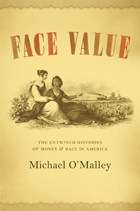
From colonial history to the present, Americans have passionately, even violently, debated the nature and the character of money. They have painted it and sung songs about it, organized political parties around it, and imprinted it with the name of God—all the while wondering: is money a symbol of the value of human work and creativity, or a symbol of some natural, intrinsic value?
In Face Value, Michael O’Malley provides a deep history and a penetrating analysis of American thinking about money and the ways that this ambivalence unexpectedly intertwines with race. Like race, money is bound up in questions of identity and worth, each a kind of shorthand for the different values of two similar things. O’Malley illuminates how these two socially constructed hierarchies are deeply rooted in American anxieties about authenticity and difference.
In this compelling work of cultural history, O’Malley interprets a stunning array of historical sources to evaluate the comingling of ideas about monetary value and social distinctions. More than just a history, Face Value offers us a new way of thinking about the present culture of coded racism, gold fetishism, and economic uncertainty.
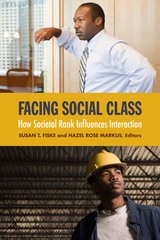
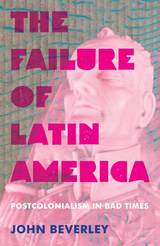
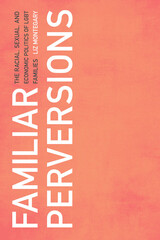
Over the past two decades, same-sex couples raising children have become more visible within US political and popular culture. Thanks to widely circulated images of well-mannered, well-dressed, and well-off two-parent families, a select number of LGBT-identified parents have gained recognition as model American citizens. In Familiar Perversions, Liz Montegary shows how this seemingly progressive view of same-sex parenting has taken shape during a period of growing racial inequality and economic insecurity in the United States. This book evaluates the recent successes of the “family equality” movement, while asking important questions about its relationship to neoliberalism, the policing of sexual cultures, and the broader context of social justice organizing at the turn of the twenty-first century.
Montegary’s investigation of the politics of LGBT family life takes us on a journey that includes not only activist events and the courtrooms where landmark decisions about same-sex families were made, but also parenting workshops, cruise ships, and gay resort towns. Through its sustained historical analysis, Familiar Perversions lays critical groundwork for imagining a queer family movement that can support and strengthen the diverse networks of care, kinship, and intimacy on which our collective survival depends.
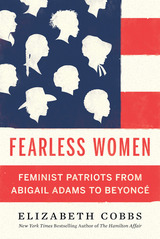
“A gripping panoramic history that pairs ingenious excavation with enlightening explanation to relight the fire of feminist political identity at the very moment when we need it most.”―Tiya Miles, author of All That She Carried
This passionate and inspiring book by the New York Times bestselling author of The Hello Girls shows us that the quest for women’s rights is deeply entwined with the founding story of the United States.
When America became a nation, a woman had no legal existence beyond her husband. If he abused her, she couldn’t leave without abandoning her children. Abigail Adams tried to change this, reminding her husband John to “remember the ladies” when he wrote the Constitution. He simply laughed—and women have been fighting for their rights ever since.
Fearless Women tells the story of women who dared to take destiny into their own hands. They were feminists and antifeminists, activists and homemakers, victims of abuse and pathbreaking professionals. Inspired by the nation’s ideals and fueled by an unshakeable sense of right and wrong, they wouldn’t take no for an answer. In time, they carried the country with them.
The first right they won was the right to learn. Later, impassioned teachers like Angelina Grimké and Susan B. Anthony campaigned for the right to speak in public, lobby the government, and own property. Some were passionate abolitionists. Others fought just to protect their own children.
Many of these women devoted their lives to the cause—some are famous—but most pressed their demands far from the spotlight, insisting on their right to vote, sit on a jury, control the timing of their pregnancies, enjoy equal partnerships, or earn a living. At every step, they faced fierce opposition. Elizabeth Cobbs gives voice to fearless women on both sides of the aisle, most of whom considered themselves patriots. Rich and poor, from all backgrounds and regions, they show that the women’s movement has never been an exclusive club.
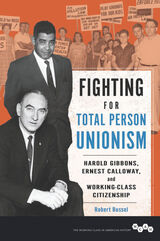
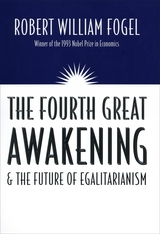
"To take a trip around the mind of Robert Fogel, one of the grand old men of American economic history, is a rare treat. At every turning, you come upon some shiny pearl of information."—The Economist
In this broad-thinking and profound piece of history, Robert William Fogel synthesizes an amazing range of data into a bold and intriguing view of America's past and future—one in which the periodic Great Awakenings of religion bring about waves of social reform, the material lives of even the poorest Americans improve steadily, and the nation now stands poised for a renewed burst of egalitarian progress.
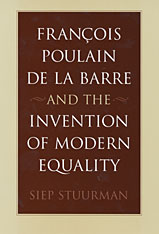
In a tour de force of intellectual history, Siep Stuurman rediscovers the remarkable early Enlightenment figure François Poulain de la Barre. A dropout from theology studies at the Sorbonne, Poulain embraced the philosophy of Descartes, became convinced of the injustice and absurdity of the subjection of women, and assembled an entirely original social philosophy. His writings challenging male supremacy and advocating gender and racial equality are the most radically egalitarian texts to appear in Europe before the French Revolution.
In exploring Poulain's breakthrough, Stuurman sheds new light on the origins of the Enlightenment, the history of feminism, the emergence of rational Christianity, and the social and political implications of Descartes's philosophy. This groundbreaking work, the first comprehensive study of Poulain, brings to life the men and women of the Radical Enlightenment, who pioneered ideas about equality that would shape humankind to this day. Impeccably researched, cogently argued, and lucidly written, this is truly a masterpiece of scholarship.

READERS
Browse our collection.
PUBLISHERS
See BiblioVault's publisher services.
STUDENT SERVICES
Files for college accessibility offices.
UChicago Accessibility Resources
home | accessibility | search | about | contact us
BiblioVault ® 2001 - 2024
The University of Chicago Press









